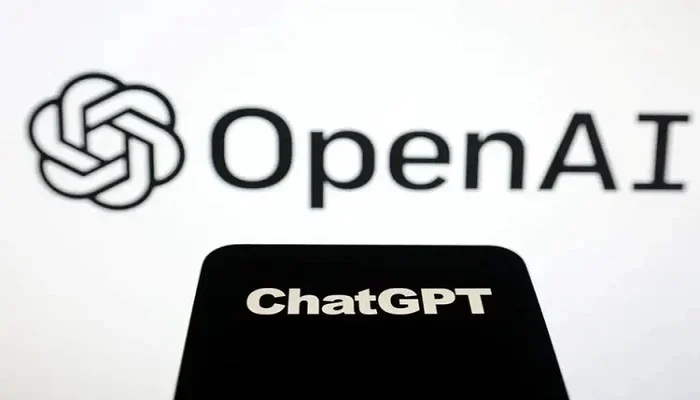Select Language:
OpenAI announced a new feature for ChatGPT on Monday, designed to enhance its integrations with popular everyday apps like Spotify and Booking.com. ChatGPT, the leading AI language model with 800 million weekly users, now has the capability to connect with various external applications through the Apps SDK.
During the company’s annual “Developer Day” event in San Francisco, CEO Sam Altman introduced this innovative tool to a keen audience of developers. The SDK enables ChatGPT to perform actions such as selecting music tracks, searching for real estate listings, or browsing hotel and flight options across compatible apps.
Initial collaborators like Booking.com, Canva, Coursera, Figma, Expedia, Spotify, and Zillow launched support for this feature in markets where their services are available. Later this year, additional partners, including Uber, AllTrails, and DoorDash, are expected to join the program.
At present, this new feature isn’t accessible in Europe due to strict regulatory policies concerning data-heavy AI integrations. This development marks a major expansion in ChatGPT’s functionalities, blending traditional interactive features like maps and playlists seamlessly with conversational AI.
For example, users could ask, “Play a party playlist on Spotify for this Friday,” and the app would directly respond and act within the chat. ChatGPT can also suggest relevant apps based on the context, such as browsing Zillow listings on an interactive map if a user discusses buying a house.
CEO Altman mentioned that the models have significantly advanced, noting, “The models are here now,” and that they are working with a select group of early partners. OpenAI’s President, Greg Brockman, highlighted that the company’s efforts on AI competitions, like winning at the International Mathematical Olympiad, will have broader benefits for enterprises. Despite substantial investments and ambitious plans—including building over a trillion dollars in computing capacity and launching viral AI tools like Sora—OpenAI remains heavily loss-making. Altman acknowledged that profitability is a future goal, even if it’s not a current priority.
This move continues OpenAI’s streak of major announcements that have driven the modern AI surge since the launch of ChatGPT roughly three years ago. Although some investors have expressed concern about whether such aggressive investments are sustainable or represent a bubble, Altman believes genuine value will emerge from these efforts.
Over the past month, OpenAI has unveiled bold initiatives, including plans to expand its computing infrastructure massively and release highly popular AI-generated video apps that have topped app store rankings. Despite these advancements, the company’s financials reveal it has yet to turn a significant profit. Both Altman and Brockman emphasized their focus on building the best enterprise AI platform with long-term goals in mind.







